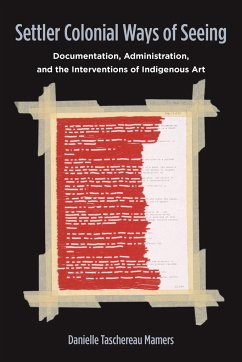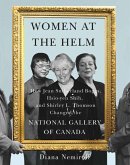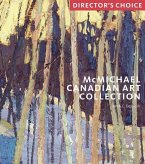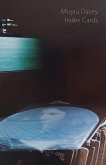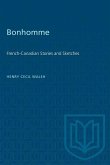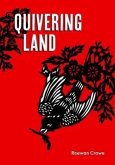An innovative analysis of Indigenous strategies for overcoming the settler state. How do bureaucratic documents create and reproduce a stateâ¿s capacity to see? What kinds of worlds do documents help create? Further, how might such documentary practices and settler colonial ways of seeing be refused?Settler Colonial Ways of Seeing investigates how the Canadian state has used documents, lists, and databases to generate, make visibleâ¿and invisibleâ¿Indigenous identity. With an archive of legislative documents, registration forms, identity cards, and reports, Danielle Taschereau Mamers traces the political and media history of Indian status in Canada, demonstrating how paperwork has been used by the state to materialize identity categories in the service of colonial governance. Her analysis of bureaucratic artifacts is led by the interventions of Indigenous artists, including Robert Houle, Nadia Myre, Cheryl Lâ¿Hirondelle, and Rebecca Belmore. Bringing together media theories of documentation and the strategies of these artists, Settler Colonial Ways of Seeing develops a method for identifying how bureaucratic documents mediate power relations as well as how those relations may be disobeyed and re-imagined. By integrating art-led inquiry with media theory and settler colonial studies approaches, Taschereau Mamers offers a political and media history of the documents that have reproduced Indian status. More importantly, she provides us with an innovative guide for using art as a method of theorizing decolonial political relations. This is a crucial book for any reader interested in the intersection of state archives, settler colonial studies, and visual culture in the context of Canadaâ¿s complex and violent relationship with Indigenous peoples.

